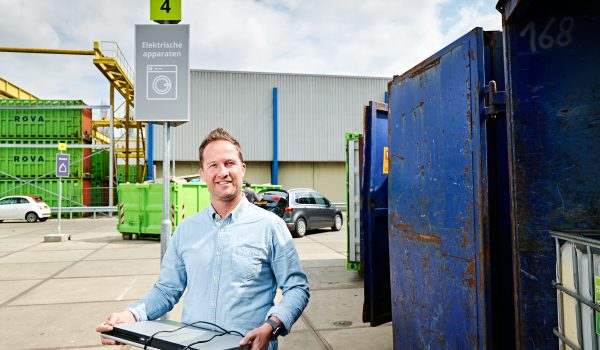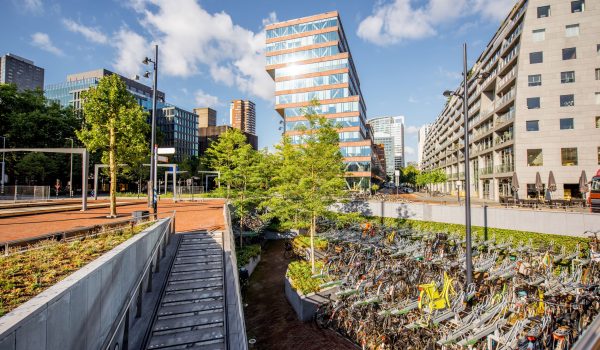Zero waste cities of the future
How can Dutch cities lead the circular transition?
Cities, regardless of their size, occupy a key role in waste prevention due to their dual role as consumption hubs and waste generators. Furthermore, local governments typically bear the responsibility of waste management in cities. With the global trend of urbanisation on the rise, a substantial share of resources will be incredibly consumed and disposed of within urban areas. This presents cities with the opportunity to serve as breeding grounds for innovative waste prevention approaches, cultivating a culture of responsible consumption and shaping the evolution of zero-waste products and services.
But what will a municipality focused on waste prevention look like in 2030? And which instruments are at the disposal of local governments to achieve this?
Rijkswaterstaat commissioned Circle Economy to answer these questions and help a frontrunner group of municipalities to investigate how cities can be designed in a way that helps citizens reduce waste. In this study, we present insights into the influence of a municipal government on waste prevention.
Other relevant publications
The circular economy: from nice to have to must have
Bottlenecks and recommendations for accelerating the transition to a circular economy
Benchmark municipalities
Benchmark with a ranking of all Dutch municipalities based on the number of kilograms of electrical waste collected per person
Circular Cities Declaration Report 2024
Report with analyses and an overview of the strategies and actions of circular initiatives in European cities.







